Farm Manager
Kevin Marshall

Farm Manager
Kevin Marshall
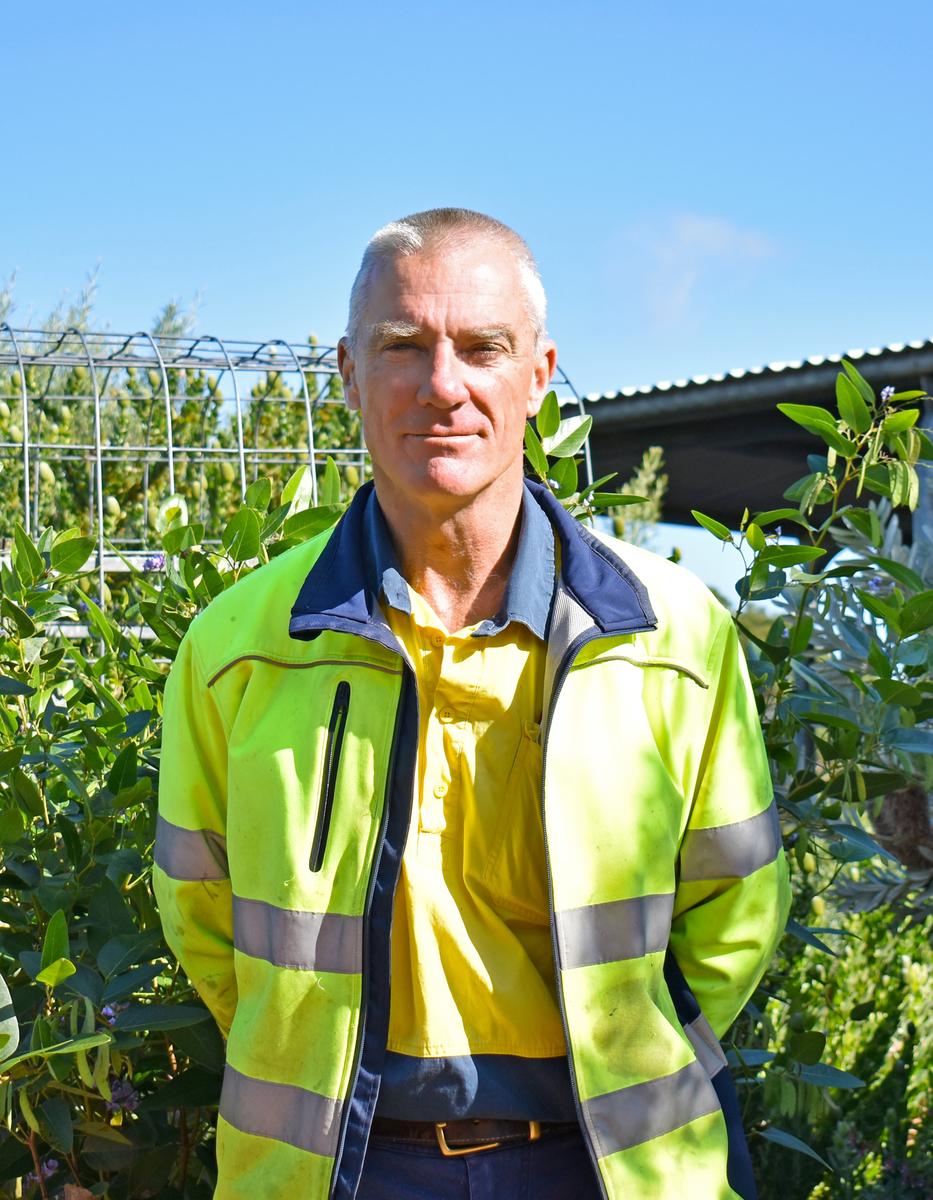

What’s been happening on the farm?
As the season changes and conditions begin to get drier and warmer, an element of panic comes over farm staff. We need to cut hay and silage, we are running out of feed, we need to sell lambs and calves, we need to build new vineyard trellis frames, we need to slaughter and process some livestock for the kitchen, we need to shear the ewes and draft out dry culls. All these things are happening at once and it has been a very busy time. During the term, our students have had the opportunity to participate in all these events.
Lets look at them a little closer.
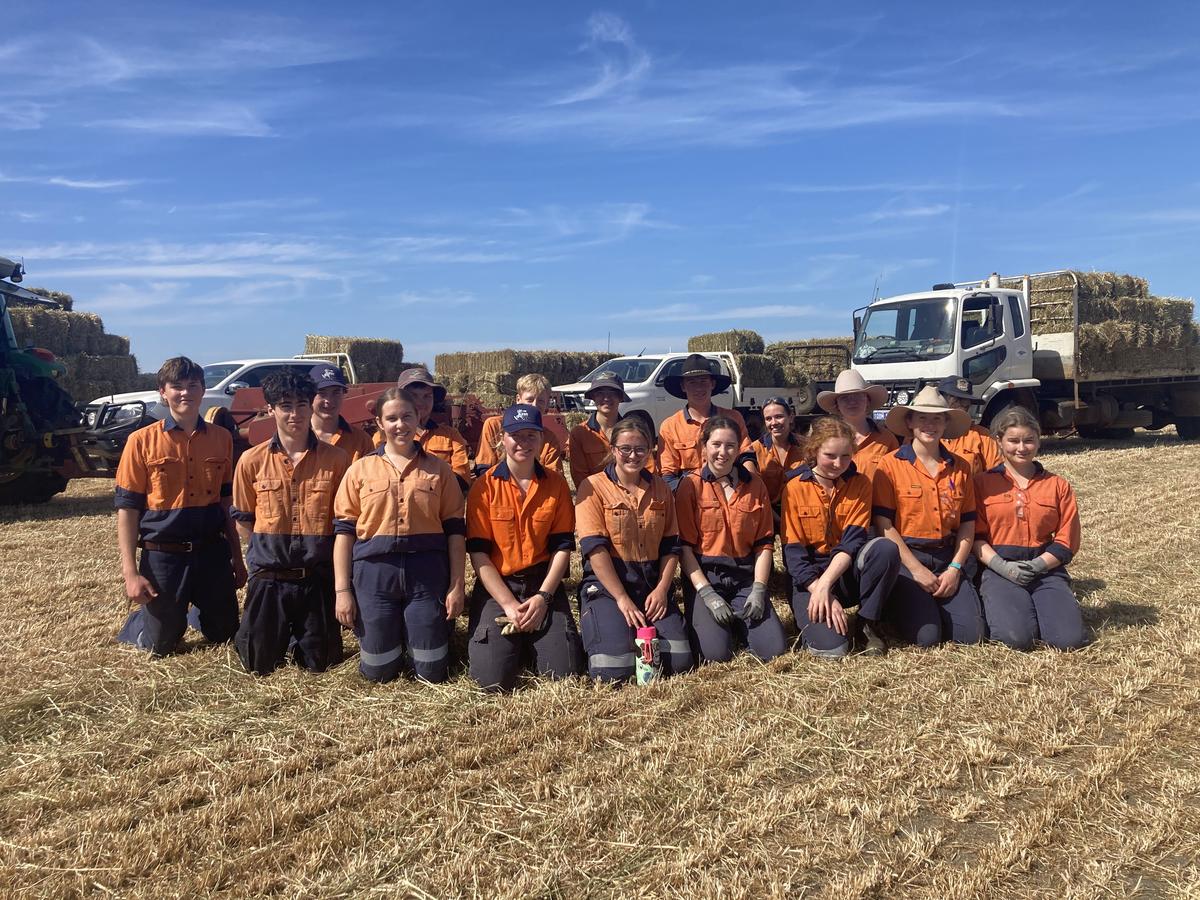

Hay and silage making. During the month approximately one hundred hectares of conserved forage has been cut, spread out, dried, rolled back up, baled into seven hundred kilogram rolls and then wrapped in plastic. It is then carted from the paddock and fertiliser spread on the paddock again looking for some late season regrowth. Currently the farm has produced 1400 silage rolls and a small quantity of hay. This year hay numbers will be much lower than usual due to the quick finishing season.
Five hundred small square bales were produced for the equine supply. Luckily between the showers of drizzle the hay was dried (just) and carted to the sheds. Students loved the outdoor experience of carting and stacking and being part of the team.
This seasons lambs and calves were sold recently. The prime lambs were weighed and sent directly to WAMMCO for processing. Both sheep and cattle markets are extremely depressed at the present, however, sale results were still at the higher end of the market. Lambs dressed out at 23kg returned $99/ head.
A selection of Angus cross weaner steers were sent to Mount Barker Sale Yards in a very tough market. The market is down by 55 percent compared to last year and is tough for breeders to realise. The heavier steers with an average weight of 340kg sold for $3.05/kg returning $1037 per head. This was the second highest price achieved for weaner cattle that sale.
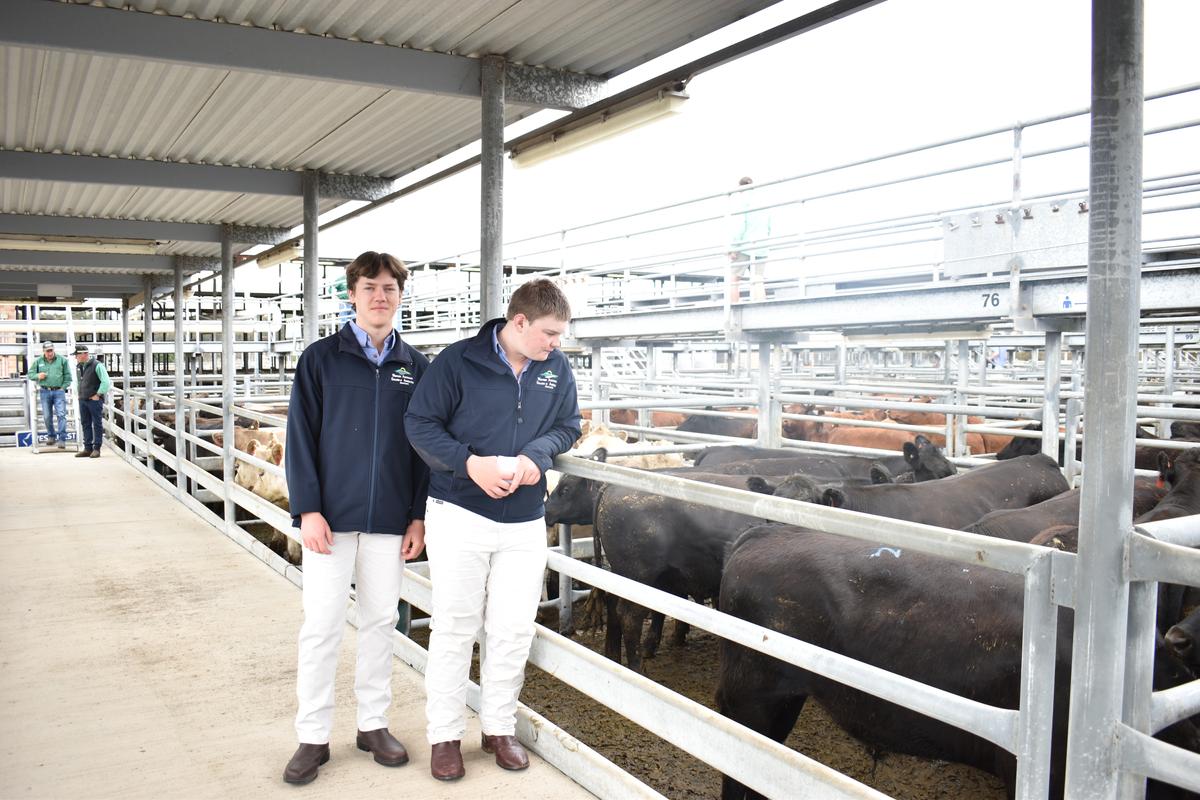
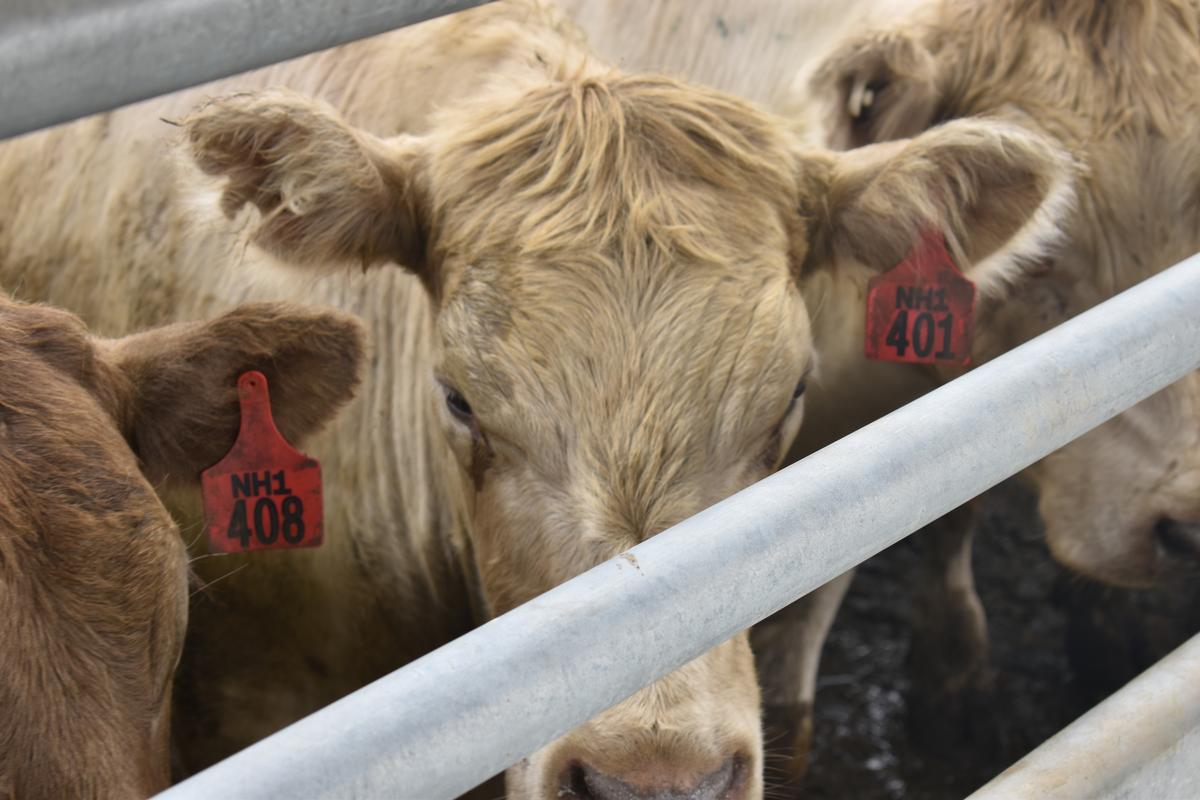
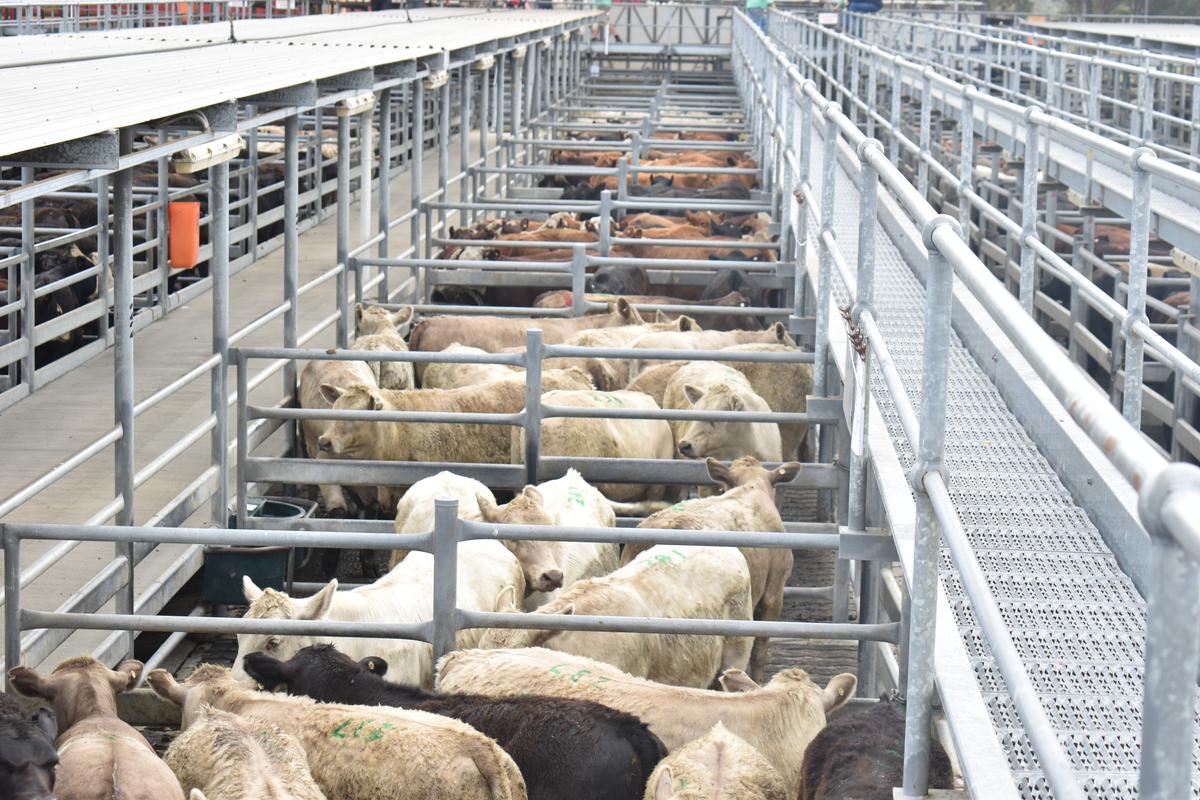
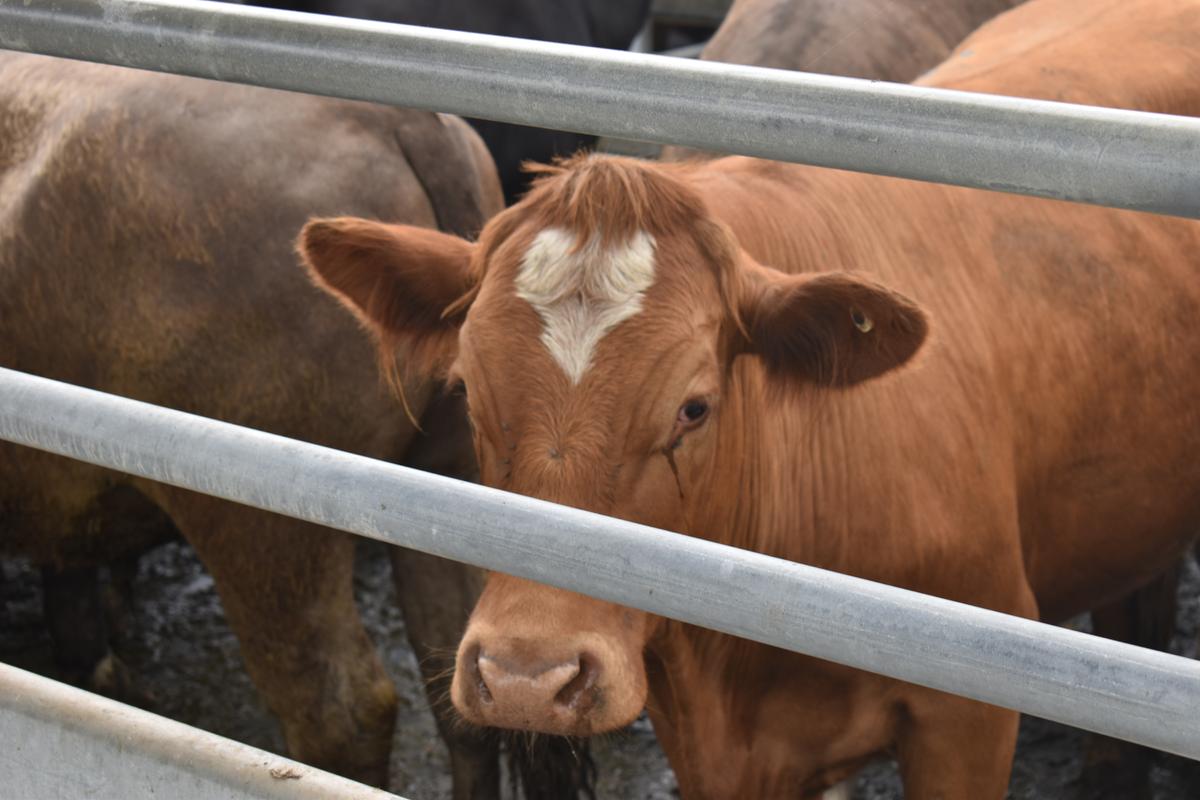




In the vineyard, Mr Cosby has been building a new area for some table grape varieties. Students have been involved in the whole process from area selection, drilling holes, installing posts, followed by erecting trellis wires and installing irrigation infrastructure. The young vines are being planted next week and we look forward to when the tasty grapes are on the table.
Mr Skipper has been very busy in the abattoir processing some grain fed steers. The steers were left over from the Royal show cattle and have been on a grain pellet ration for three months. Their fat cover and condition was optimal and needed to be processed. With three bodies hanging in the cool room there was a mountain of quality meat to be processed and supplied through to the catering staff.
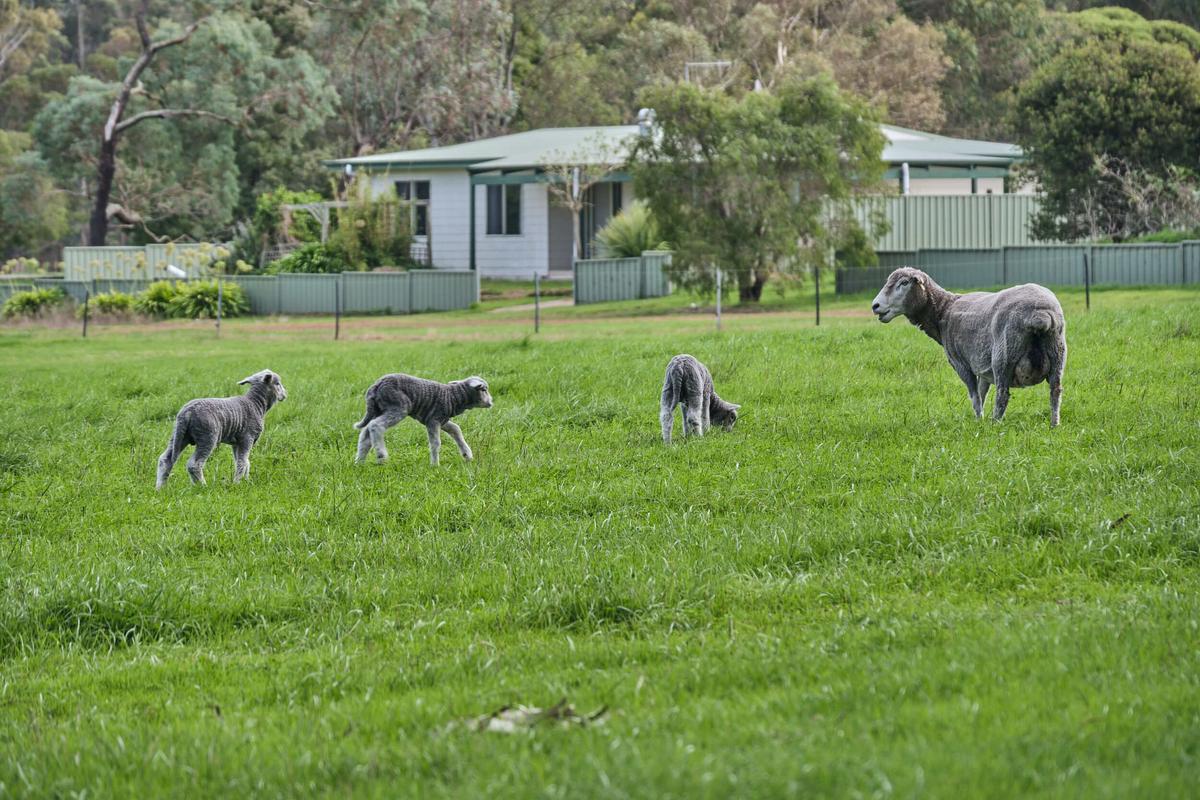

In the recent weeks, farm staff have worked with the Year 11 Cert III Wool handling students, shearing a variety of the flock. Firstly, the 2023 lambs were weaned, drenched, vaccinated and shorn and put onto some good quality clover-based pasture to continue growing to meet market specifications. Students were trained specifically in handling lambs wool. Next came the adult sheep with the first cross merino ewes. Ewe condition was a little extreme with sheep being very heavy and over conditioned. Mr Schulz has been spoiling his babies a little too much lately. A huge thank you to farm staff who offered to work in the shed and shear these massive sheep. It is important to farm staff that during the training, the students experience wool handling demands at close to industry speed and get put under pressure like the real industry. Students embraced the challenge and learnt a lot from the training.
Whilst all these events have been going on, let’s not forget about the other areas which keep ticking along day by day. The dairy is milking at full capacity, the operation continues 24 hours a day seven days a week and is a huge part of the farms business. Artificial insemination of Friesian heifers is happening at present. Cows have been synchronised to come into oestrus at the same time. Very critical timing of treatments is required. It is easy to forget the dairy sometimes especially if it doesn’t have any breakdowns, but we must remember the work required by staff to keep the operation running. Every day there are multiple strip-fencing changes to move, calves in the shed are fed reliably, robots and yards are cleaned and serviced, cows are monitored and treated for milk irregularities and the list goes on and on. All farm staff play a critical role in making this operation continue efficiently.
Up in the horticulture area, beds are being prepared for the summer season planting. Areas have been green manured and left until next year to benefit from the accumulated natural nutrients. Tomato trellis and shelters are being constructed ready for the big tomato planting event happening soon. Avocado harvesting is upon us and fruit quality is very good. More smashed avo on toast will be coming up soon.
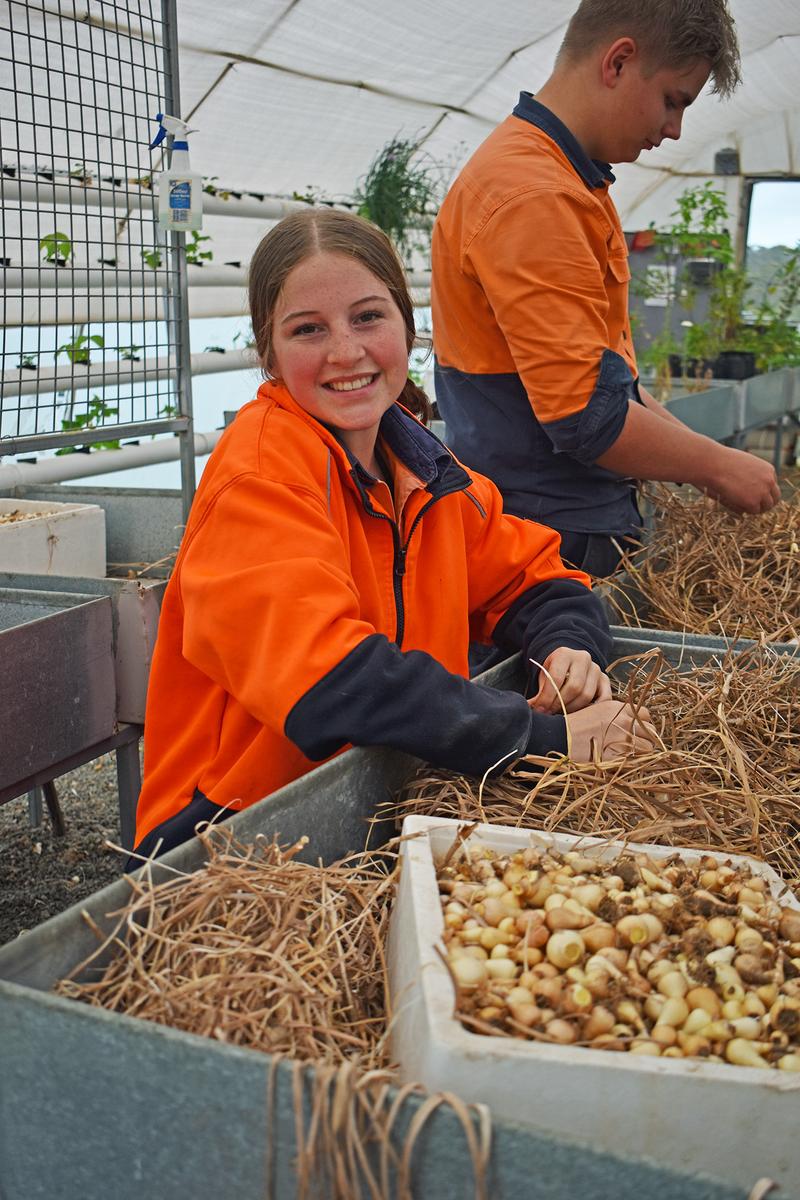
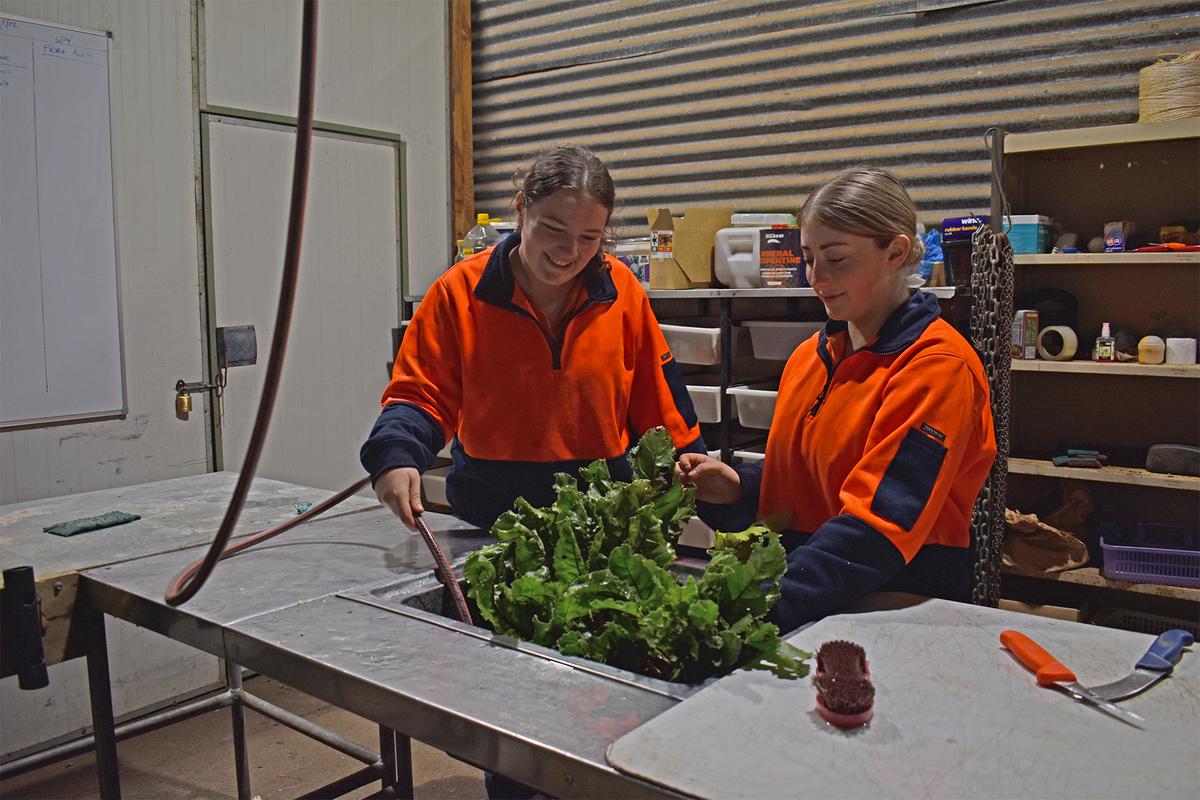
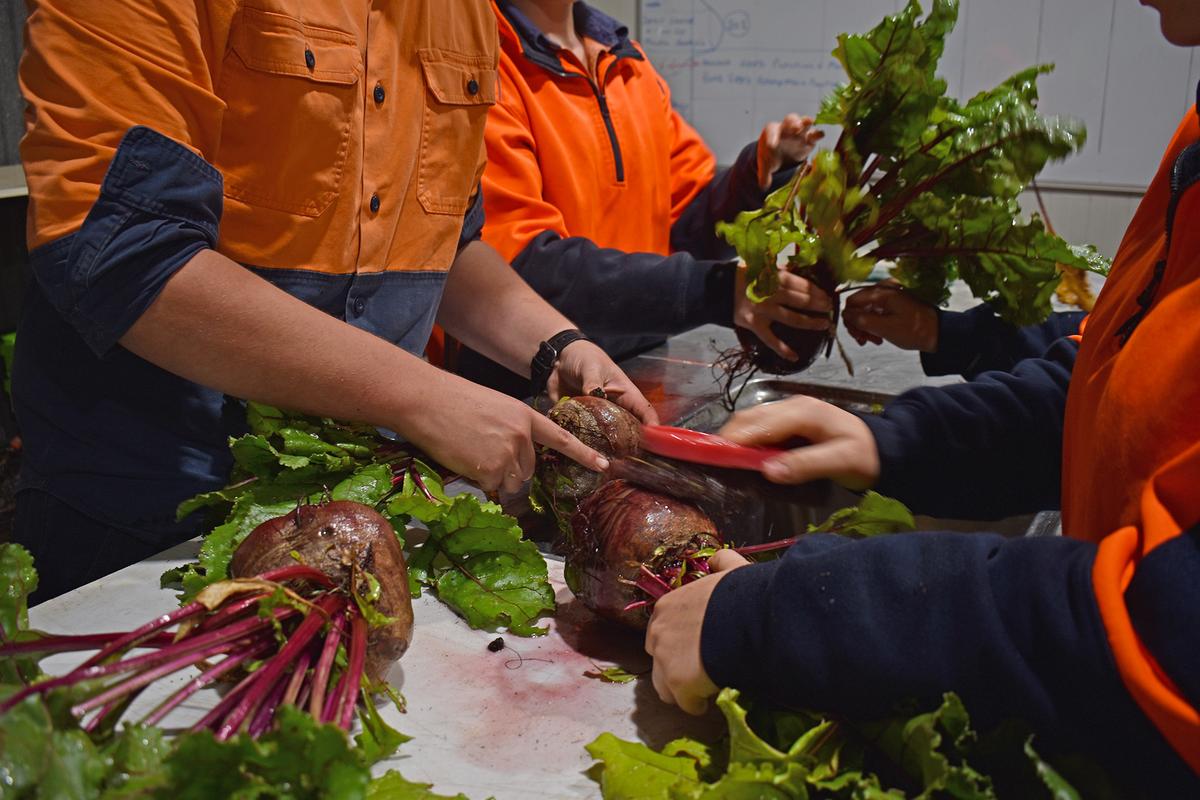
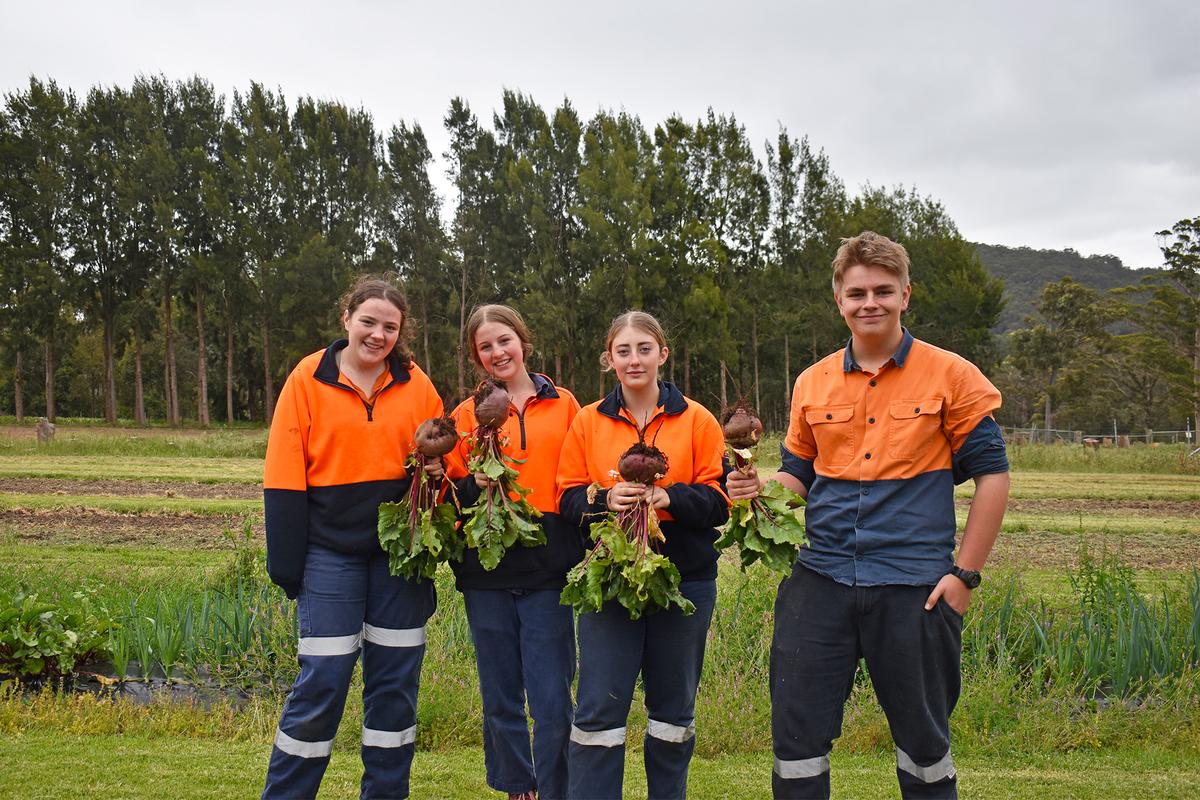
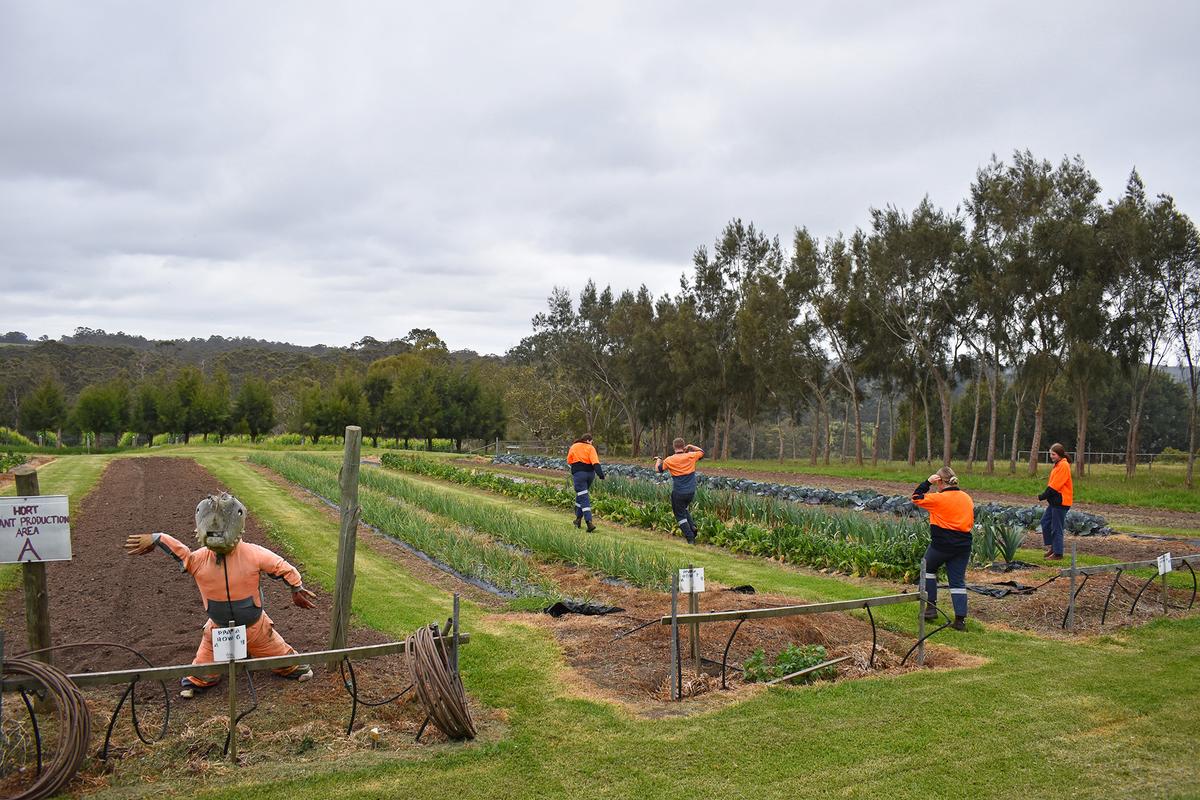





In conclusion, the farm has had a very busy term and many staff have dedicated extra hours to achieve the outcomes that have been mentioned in this report. Like all businesses, quality staffing is the key to success and the farm team is continually working together and providing a learning environment where students can benefit from years of accumulated experience.
Kevin Marshall
Farm Manager
WACOA - Denmark